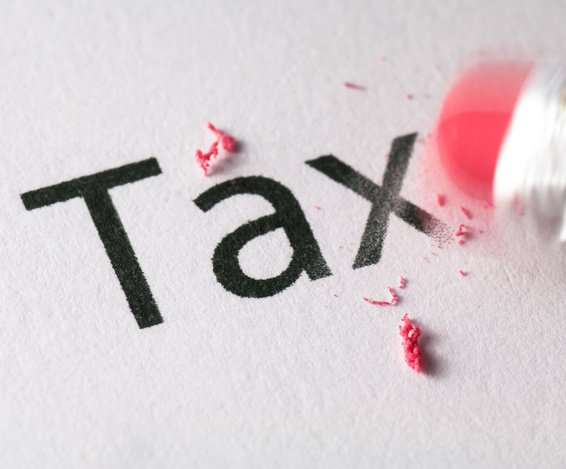As far as Treasury is concerned not applying revenue measures like income tax and GST to health spending are 'concessions' costing the government billions.
In a new report, Tax Expenditures 2017, Treasury lists the cost to government of what it describes as "tax exemptions, deductions or offsets, concessional tax rates and deferrals of tax liability."
It goes on to describe the tax ependitures as 'revenue foregone'. By implication this means it considers the policy decision not to apply income tax to the private health insurance rebate is a 'concession'.
It says exempting the rebate from income tax will cost government over $1.5 billion in 2017-18. It predicts the total cost of the 'concession' over eight years - 2013-14 to 2020-21 - at almost $12 billion.
Yet it goes for more so-called concessions, including the Medicare levy surcharge, which it says will cost government $260 million this year.
A Medicare levy surcharge of up to 1.5 per cent is applied to individuals and couples who do not have private health insurance and whose income exceeds certain thresholds. In effect, Treasury's report considers the 'revenue foregone' from people taking our insurance to avoid the surcharge a 'concession'.
